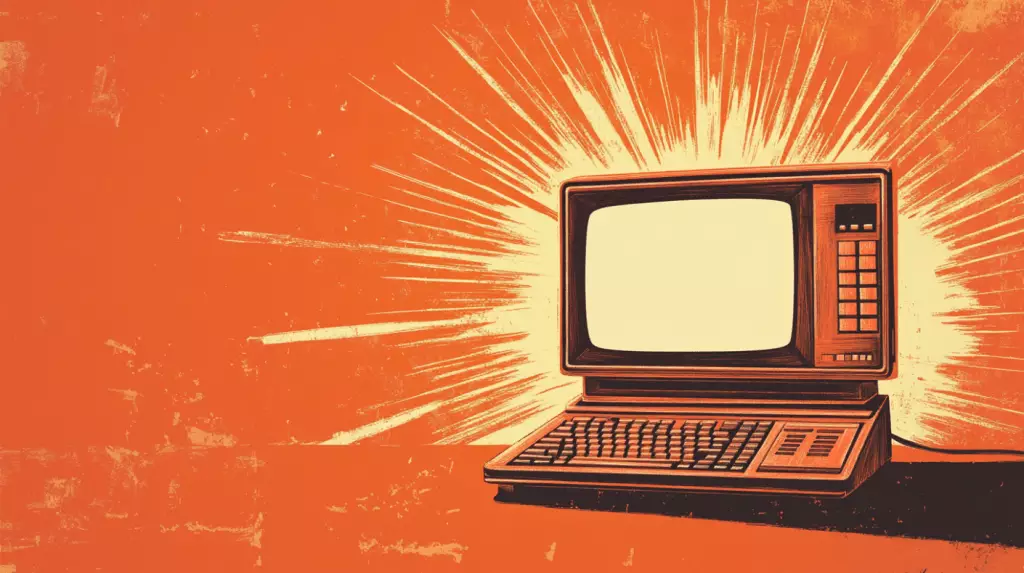The software development landscape is undergoing a significant transformation, one that mirrors the preceding revolution brought about by open-source initiatives. In recent times, artificial intelligence (AI) has transcended from a niche curiosity to a pivotal force within the thriving $736.96 billion global software development industry. AI coding assistants have particularly gained momentum, converting skepticism into necessity among professional developers. Among these innovative technologies, Anthropic’s Claude has emerged as a front-runner, propelling a heated competition among leading tech giants to capture market dominance in AI-assisted coding.
This year, Claude has witnessed an explosive increase in adoption rates, with coding-related revenue reportedly soaring by 1,000% over just three months. Notably, software development accounts for over 10% of all Claude interactions, highlighting its growing utility among developers. The success of Claude has significantly raised Anthropic’s profile, staking a claim to an impressive $18 billion valuation, bolstered by funding from tech giants such as Google, Amazon, and Salesforce.
With this growth, competitors have taken notice. OpenAI recently released its o3 model, touting enhanced coding capacities, while Google’s Gemini and Meta’s Llama 3.1 have ramped up their focus on developer-focused tools. This wave of competition signifies a paradigm shift within the AI domain, as the focus transitions from traditional chatbots and image-processing applications to pragmatic tools that deliver tangible business outcomes.
A key attribute that sets Claude apart is its unique ability to engage with complex coding tasks much like a seasoned developer. With the impressive capacity to analyze up to 200,000 tokens of context—roughly the equivalent of a small codebase—Claude maintains coherence throughout ongoing development processes. Alex Albert, the head of developer relations at Anthropic, emphasizes that Claude’s distinctive ability to make nuanced edits, identify areas for code removal, and maintain continuity enhances overall productivity. By enabling significant efficiency improvements—driven by user testimonials such as those from GitLab and Sourcegraph—Claude is proving to be more than just another AI tool; it’s transforming the very structure of software development teams.
One of the striking changes that Claude introduces is the democratization of coding itself. Departments traditionally starved of technical resources, such as marketing and sales, are now able to create their automation tools and customize software solutions independently, ushering in a new era of collaboration and innovation across the corporate structure.
As AI continues to handle routine programming tasks, the role of traditional software developers is likely to evolve rather than disappear. This transformation fosters a work environment where developers can shift their focus away from mundane coding tasks toward more strategic elements like system architecture and code quality. Historical perspectives show that technological advancements—like the advent of high-level programming languages—did not render developers obsolete; instead, they created new opportunities for specialization and expertise within the domain.
However, this rapid advancement isn’t without its accompanying concerns. Experts from Georgetown’s Center for Security and Emerging Technology have voiced apprehensions regarding potential security vulnerabilities linked to AI-generated code. Similarly, labor organizations are questioning the long-term implications for job security among developers. Observably, the online coding community, represented by platforms like Stack Overflow, has reported a notable decline in new coding inquiries amidst the growing reliance on AI coding assistants.
Despite these apprehensions, the influx of AI assistance appears to enrich the developer’s role rather than diminish it. As AI handles the more repetitive aspects of coding, developers are liberated to engage in more innovative and high-level tasks. This defines a new tier of proficiency—one that emphasizes complex problem-solving and creative thinking.
Industry forecasts, such as those from Gartner, predict a substantial integration of AI in software engineering practices, with estimates suggesting that by 2028, upwards of 75% of enterprise software engineers will be utilizing AI code assistants. In anticipation of this future, companies like Anthropic are developing advanced features to further augment productivity, such as prompt caching and batch processing capabilities.
The landscape of software education is also adapting. Traditional coding bootcamps face enrollment challenges as programs emphasizing AI-centric development gain traction. This evolution signifies a burgeoning era where technical literacy may become as foundational as conventional reading and writing, with AI serving as a bridge between human intent and machine execution.
The growing influence of AI coding assistants is reshaping the boundaries within the software development sphere. While traditional roles evolve, the prospects of a future where collaboration and innovation take precedence reflect both the challenges and opportunities ahead. The code, in this new era, is just the beginning of a more accessible and integrated approach to software development.

